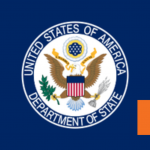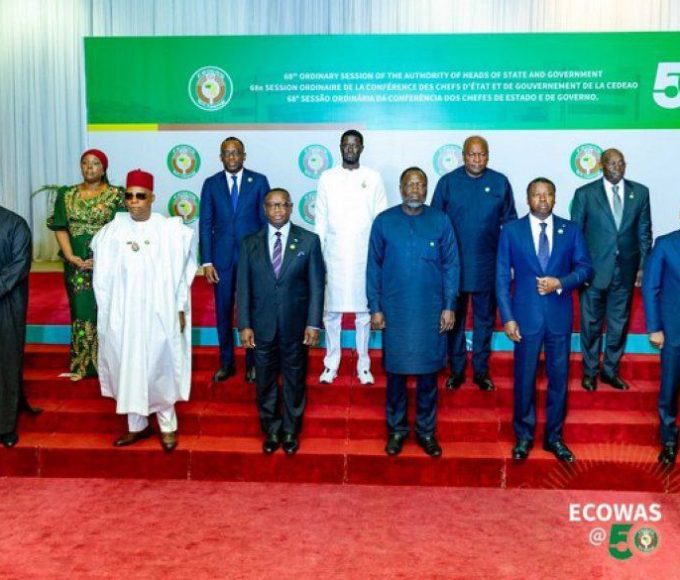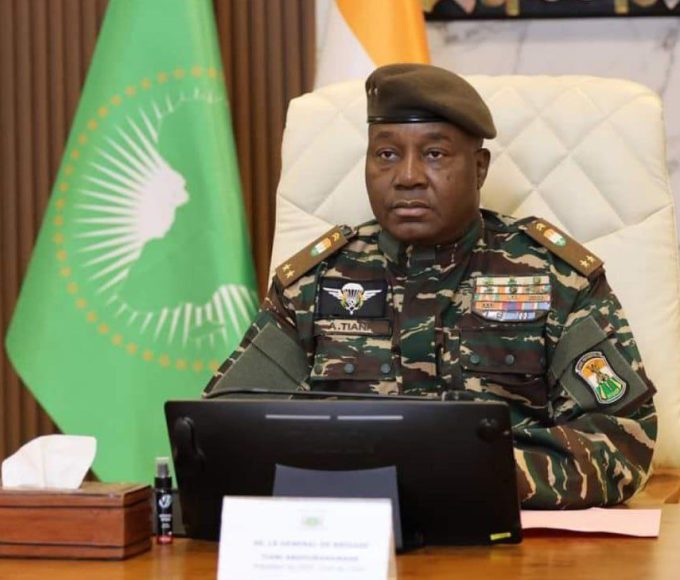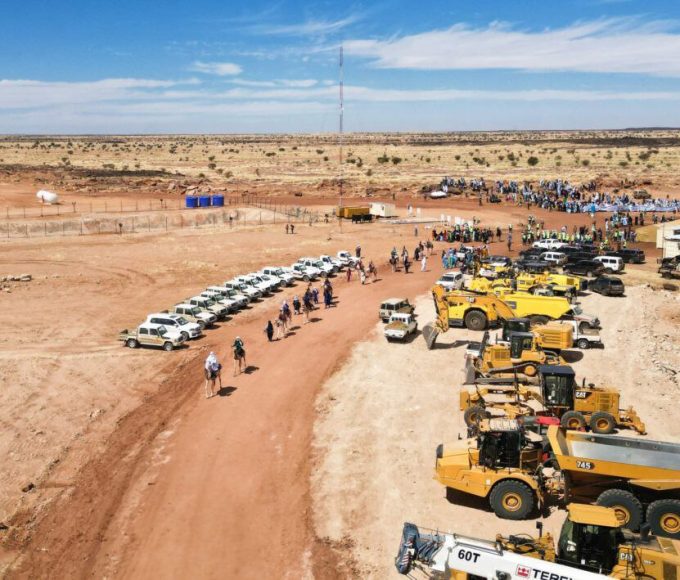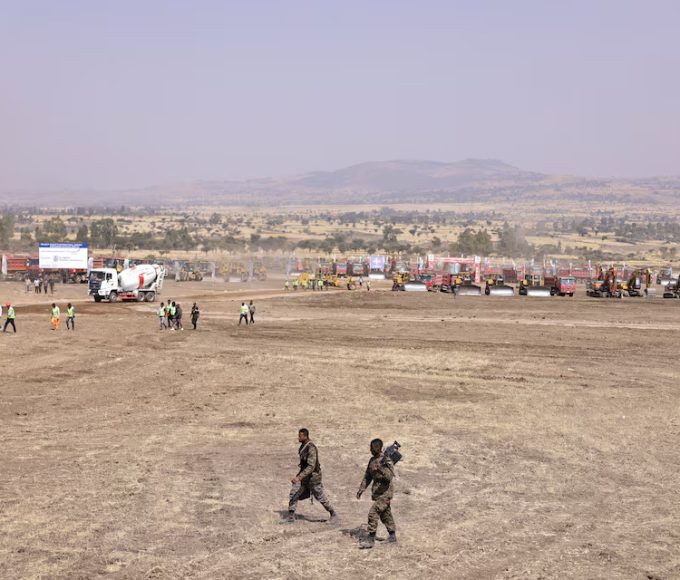
Human Rights lawyer confirms NPF moved Abducted FIJ Reporter, Daniel Ojukwu to Abuja
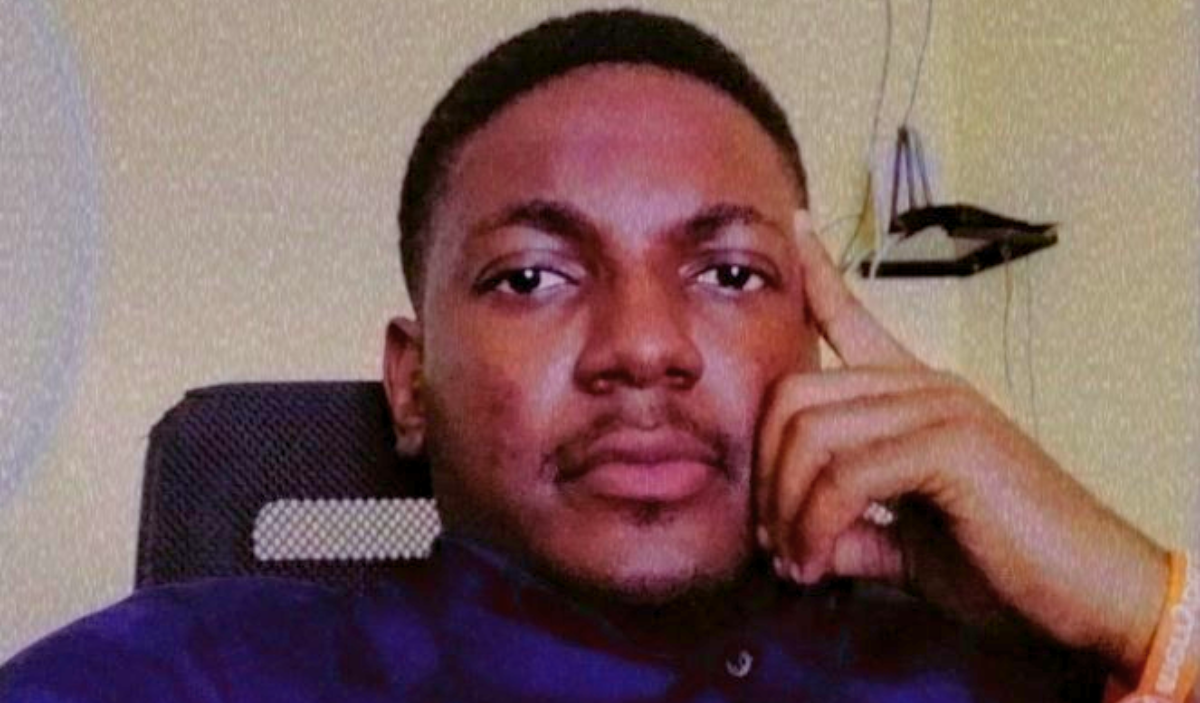
Human Rights lawyer Ridwan Oke confirmed on Sunday that Daniel Ojukwu, a multimedia journalist with the Foundation for Investigative Journalism (FIJ), has been transported from Police Custody at SCID, Panti, Lagos, to the Threat Response Unit of the NPF National Cybercrime Centre, Abuja.
This disclosure, which occurred on the day the world celebrates press freedom, marks four days since the arrest of Ojukwu. He was apprehended on Wednesday, during World Press Freedom Day, accused of violating the Cybercrime Act of 2015 (as amended).
West Africa Weekly contacted the lawyer, Oke, who confirmed Ojukwu had called him on Sunday morning before being transported from Lagos Police Custody to Abuja’s Cybercrime Unit.
I haven’t been able to reach him since he called me in the morning to confirm that he’s now in Abuja with the Threats Unit of the National Cybercrime Centre, says Human Rights lawyer Oke.
Despite numerous demands by journalists and civil society organisations, including Amnesty International, for the release of Ojukwu, the Nigerian Police remains incommunicado—without stating the reason for his arrest.
Lawyer Oke further commented that Ojukwu’s contact information was unreachable after the call he placed with him on Sunday morning.
However, Oke earlier faulted the NPF for the continued detention of Ojukwu without a court trial despite the charge against him being subject to bail.
As of press time,
Ojukwu does not have access to his mobile phone, which indicates not only that he cannot reach the outside world but also depicts law enforcement agencies’ disregard for upholding press freedom in a democratic system of government.
Attack on press freedom using the Cybercrime Act, a weapon that has been regularly used since its amendment against journalists and engaged people (dissidents), remains a threat to a democratic society.
About The Author
Mayowa Durosinmi
author
M. Durosinmi is a West Africa Weekly investigative reporter covering Politics, Human Rights, Health, and Security in West Africa and the Sahel Region
Mayowa Durosinmi
M. Durosinmi is a West Africa Weekly investigative reporter covering Politics, Human Rights, Health, and Security in West Africa and the Sahel Region
Related Articles
ECOWAS Calls for Short, Inclusive Political Transition in Guinea-Bissau
The Economic Community of West African States (ECOWAS) has reiterated its call...
ByWest Africa WeeklyJanuary 12, 2026Niger Adopts Record 2026 Budget in Push for Economic Sovereignty
Niger has approved a record national budget of more than 2.922 trillion...
ByWest Africa WeeklyJanuary 12, 2026Niger Records Progress on Dasa Uranium Project, Strengthens Gold Ambitions
Niger is recording major advances in its mining sector, with significant progress...
ByWest Africa WeeklyJanuary 12, 2026Africa’s Largest Airport Takes Shape as Ethiopia Commences $12.5bn Build
Ethiopia has officially begun work on a massive new airport that officials...
ByWest Africa WeeklyJanuary 12, 2026






